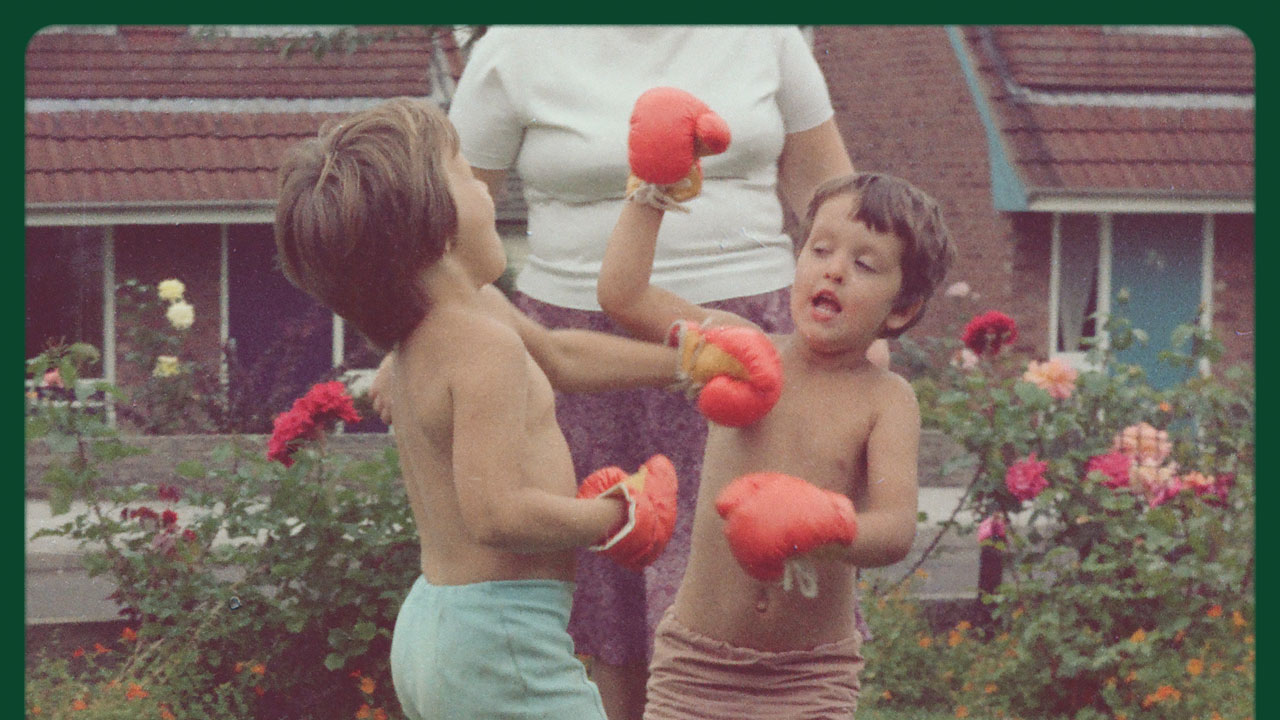Elbow have always had it in them to create a sibling to what singer Guy Garvey calls the “patient, quiet” lodestars the Bury band grew up listening to: Talk Talk’s Spirit Of Eden, John Martyn’s Solid Air or The Blue Nile’s Hats. Moments on their previous nine albums have proven it, and even back on their debut, Asleep In The Back – released an implausible 20 years ago – they were tamping things down and breaking hearts with tracks like Powder Blue or Scattered Black And Whites.
Now, nudged by writing during the pandemic, they’ve gone for it, with Garvey hinting that Flying Dream 1 essays “bruised and wistful”. No big festival crowd sing-alongs; restraints tied on Elbow’s prog-adjacent tendencies to stir up genres and juggle tempos. Recorded partly in an empty theatre in Brighton, it’s a hushed, subdued whisper; an album that doesn’t shout or show off but requires you to come up close and find your way in.
Yet to become truly eerie and holy and placeless, as Hollis and company did during Talk Talk’s time of subtle glory, a band’s familiar personality needs to be forsaken completely. What’s known as their voice, their style, has to be ruthlessly jettisoned. Kill your darlings and all that. The thing with Elbow is that Garvey is a superb singer and lyricist, and he’s not ready to ditch those gifts yet. Hollis was a great singer too, but he somehow morphed into a different great singer, one delivering sound as opposed to text. This album, for all its reserve and atmosphere, essentially follows the time-honoured Elbow template, and can’t find its way to becoming free-floating jazz.
That isn’t to suggest it’s not lovely. Beautifully played, and with Garvey slipping perceptive, poetic lines in, it’s rich with an honest warmth most bands would kill for. But it’s still Elbow, and they refrain from shedding skins and assuming a new identity. Flying Dream 1 continues to utilise their traditional strengths: that push-and-pull dynamic between their unpretentious nature and the yearning romance, which rips through their best songs. They’re closer in spirit to1976-’79 Genesis than to any contemporary.
This, then, is an album for their most dedicated fans – it may alienate casuals – which values the power of silences. The Only Road and Red Sky Radio are love songs where the beloved is life itself; The Seldom Seen Kid joins the pop quiz list of songs that gave their title to an earlier album by the same band. This is the same band, but they’re trying, gently, to be another one. Whether they eventually realign their DNA and get there or not, we still win.
This review originally appeared in Prog 125.

